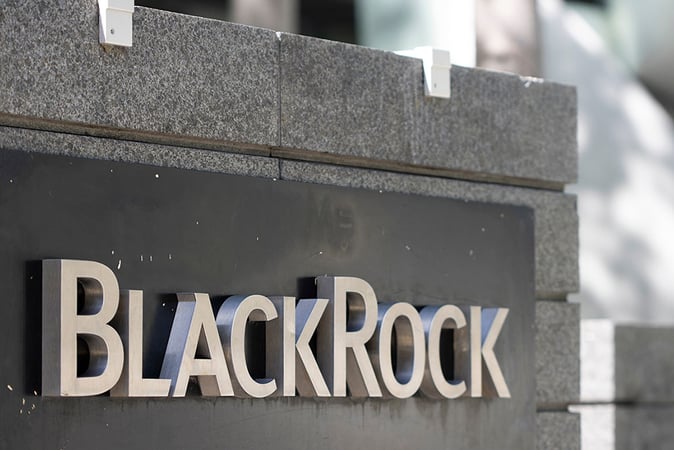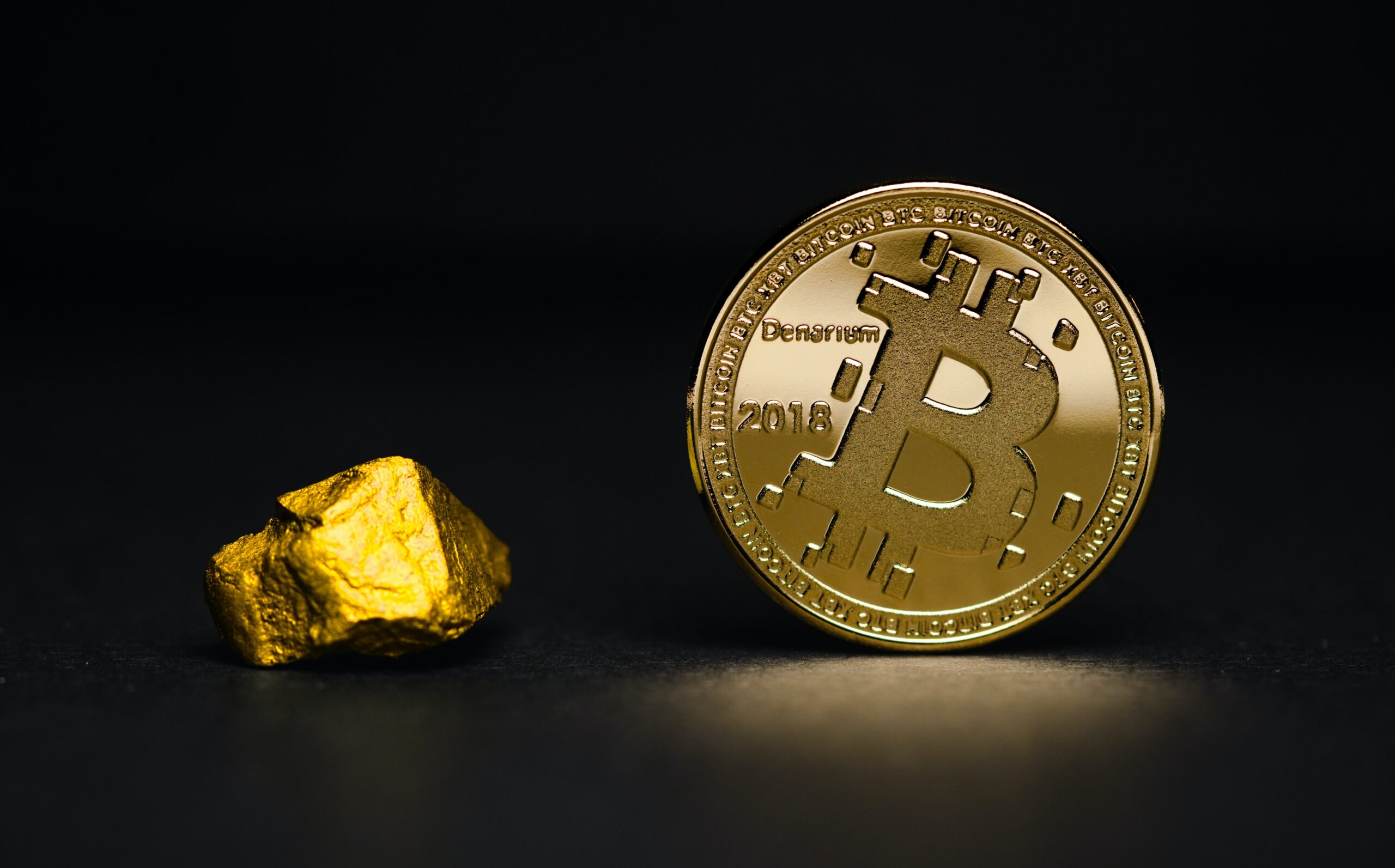Key Notes
- New Hampshire House Bill 302 allows the state to invest up to 10% of its funds in cryptocurrencies like Bitcoin.
- The bill passed through the second Senate committee with a 4-1 vote and will now go to the full Senate.
- Critics argue the bill could affect the state’s financial management, while supporters see potential for high returns.
The New Hampshire Senate has been considering Bill 302, which would allow the state to incorporate precious metals and cryptocurrencies like Bitcoin into its financial strategy. The bill has passed the second Senate committee and is set for a full Senate vote.
If passed, New Hampshire state’s treasurer will be able to divest a part of the resources from traditional financial options to digital assets and precious metals. The proposed law would allow the state’s treasury to invest up to 10% of its funds in cryptocurrency, but only assets with a market cap over $500 billion, like Bitcoin, would qualify.
The bill began its journey in January at the House Commerce and Consumer Affairs Committee, which voted in favour of it with 16–1 vote. It moved to the full House on April 10, where it passed with a 192-179 vote. The second Senate committee reviewed House Bill 302 on April 23 and approved it with a 4-1 vote. If the full Senate approves, it will then go to the governor for final approval.
🇺🇸 State Reserve Race Update:
New Hampshire Bitcoin Reserve Bill HB 302 has passed the Senate Ways & Means Committee, by a 4-1 vote. pic.twitter.com/pKjLyy8EpO
— Bitcoin Laws (@Bitcoin_Laws) April 24, 2025
Two Sides of the Coin
Although House Bill 302 has passed multiple votes, some, including Democratic Representative Terry Spahr, believe the bill should not have been considered. Spahr argues that the state treasurer already has the authority to manage the state’s finances, and the bill could impact New Hampshire’s digital asset holdings.
On the other side, Republican Representative Jordan Ulery believes that investing in cryptocurrency could benefit the state’s treasury by generating significant returns.
Other crypto policies are also under review, particularly as House Bill 302 progresses. House Bills 310 and 639 focus on stablecoins, tokenized real-world assets, and blockchain regulations, respectively.
On another note, Illinois has made progress with its Digital Assets and Consumer Protection Act, which aims to tackle scams and fraud in the crypto space.
Meanwhile, international developments are also shaping the crypto landscape. In South Korea, for example, presidential candidate Hong Joon-pyo is advocating for deregulation and blockchain growth, aligning with his broader vision of boosting innovation through disruptive technologies like blockchain, AI, and quantum computing.
Disclaimer: Coinspeaker is committed to providing unbiased and transparent reporting. This article aims to deliver accurate and timely information but should not be taken as financial or investment advice. Since market conditions can change rapidly, we encourage you to verify information on your own and consult with a professional before making any decisions based on this content.

Rose is a crypto content writer with a strong background in finance and tech. She simplifies complex blockchain and cryptocurrency topics, offering insightful articles and market analysis to help readers navigate the evolving crypto landscape.















